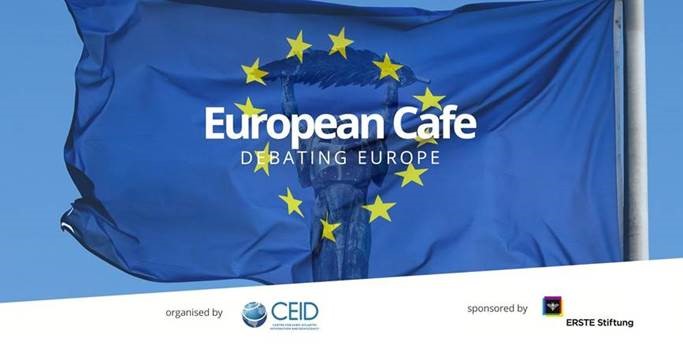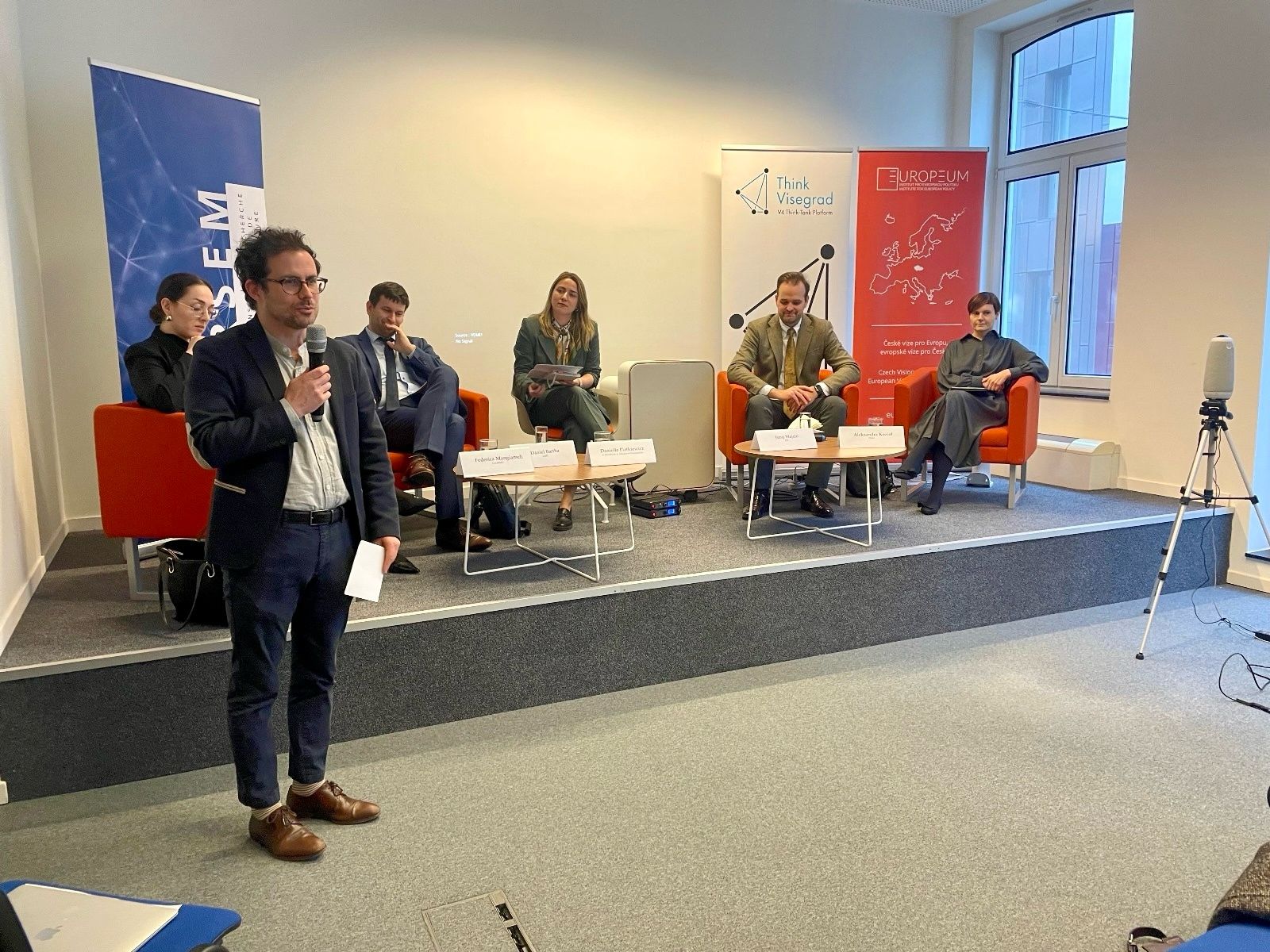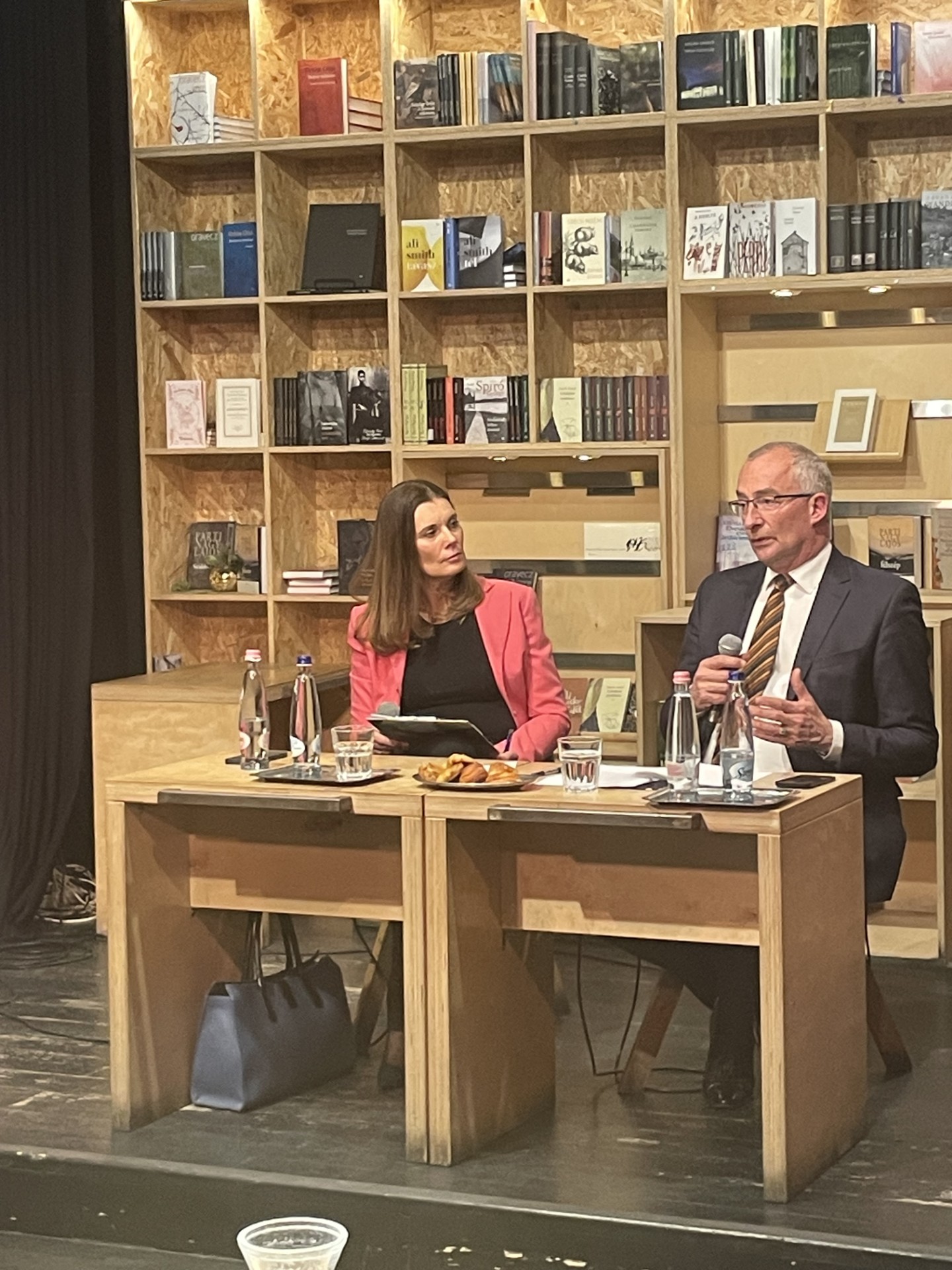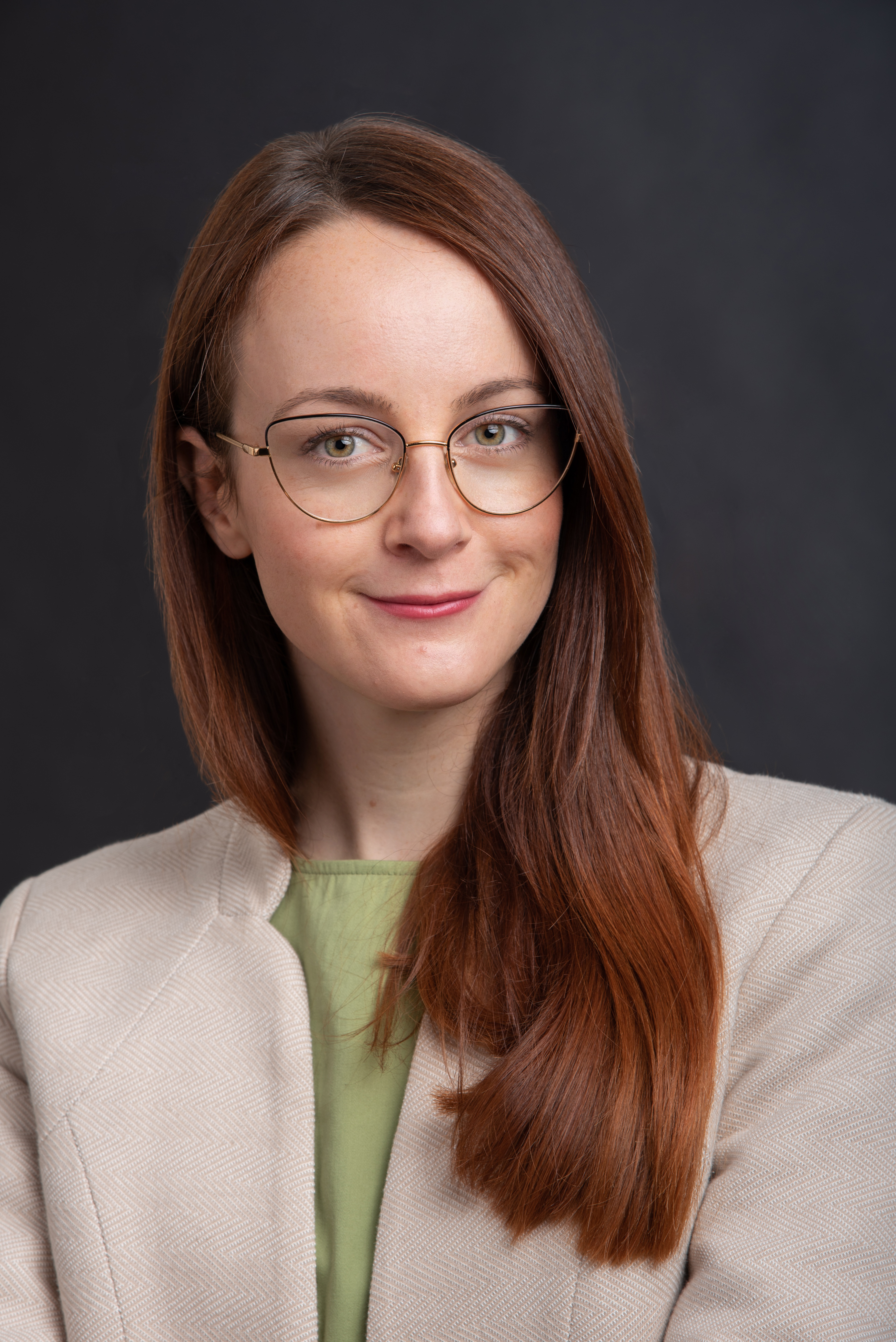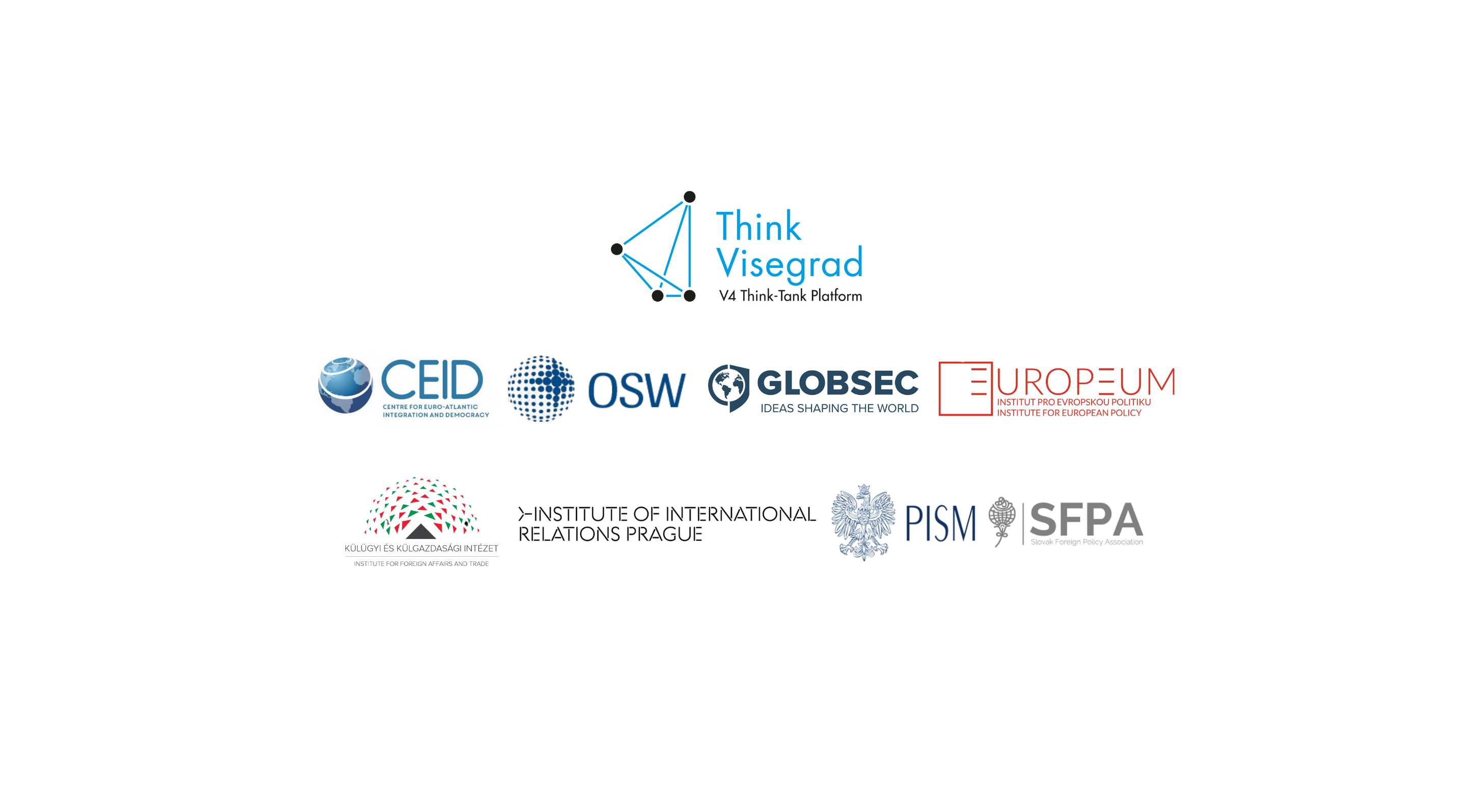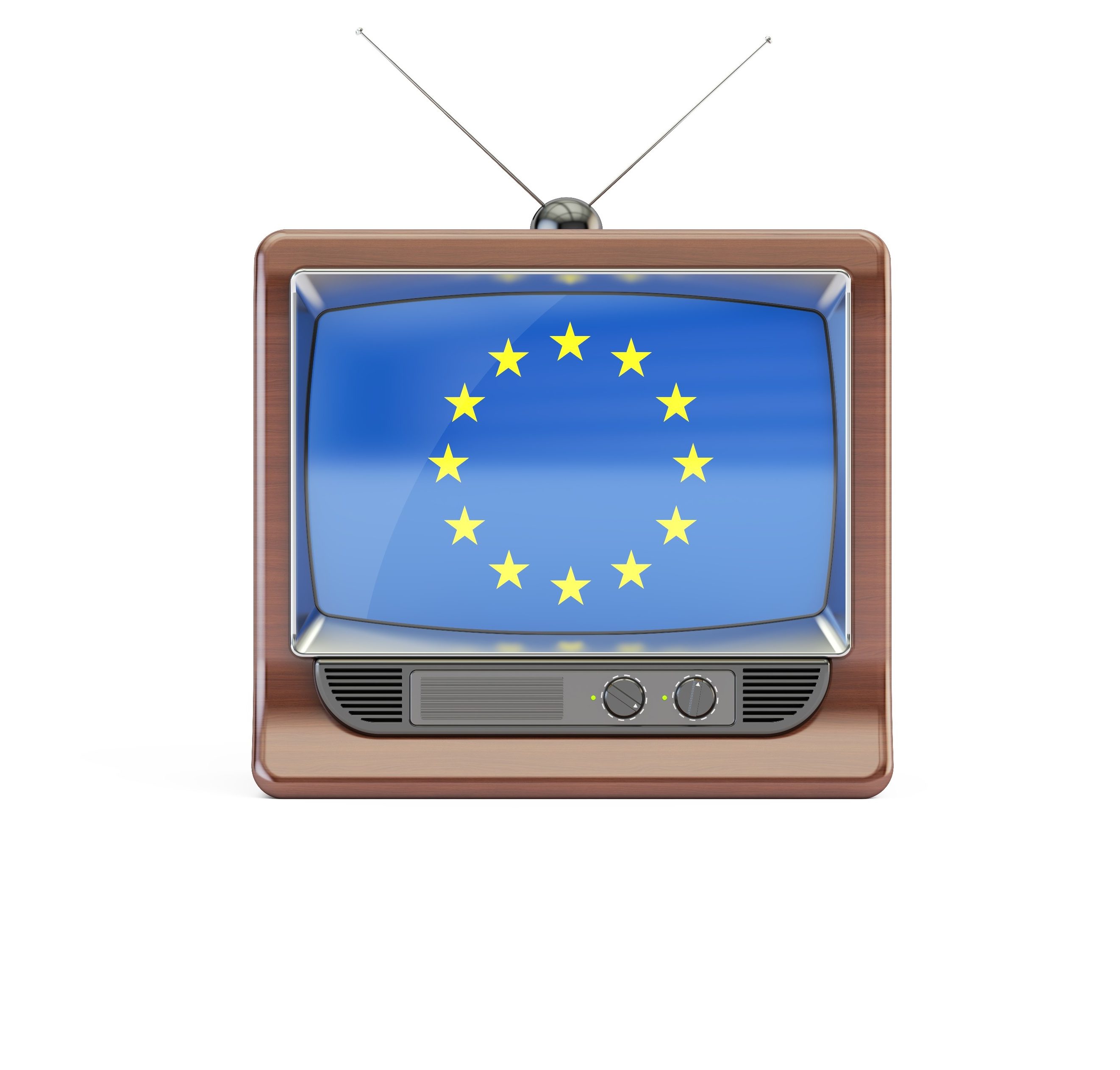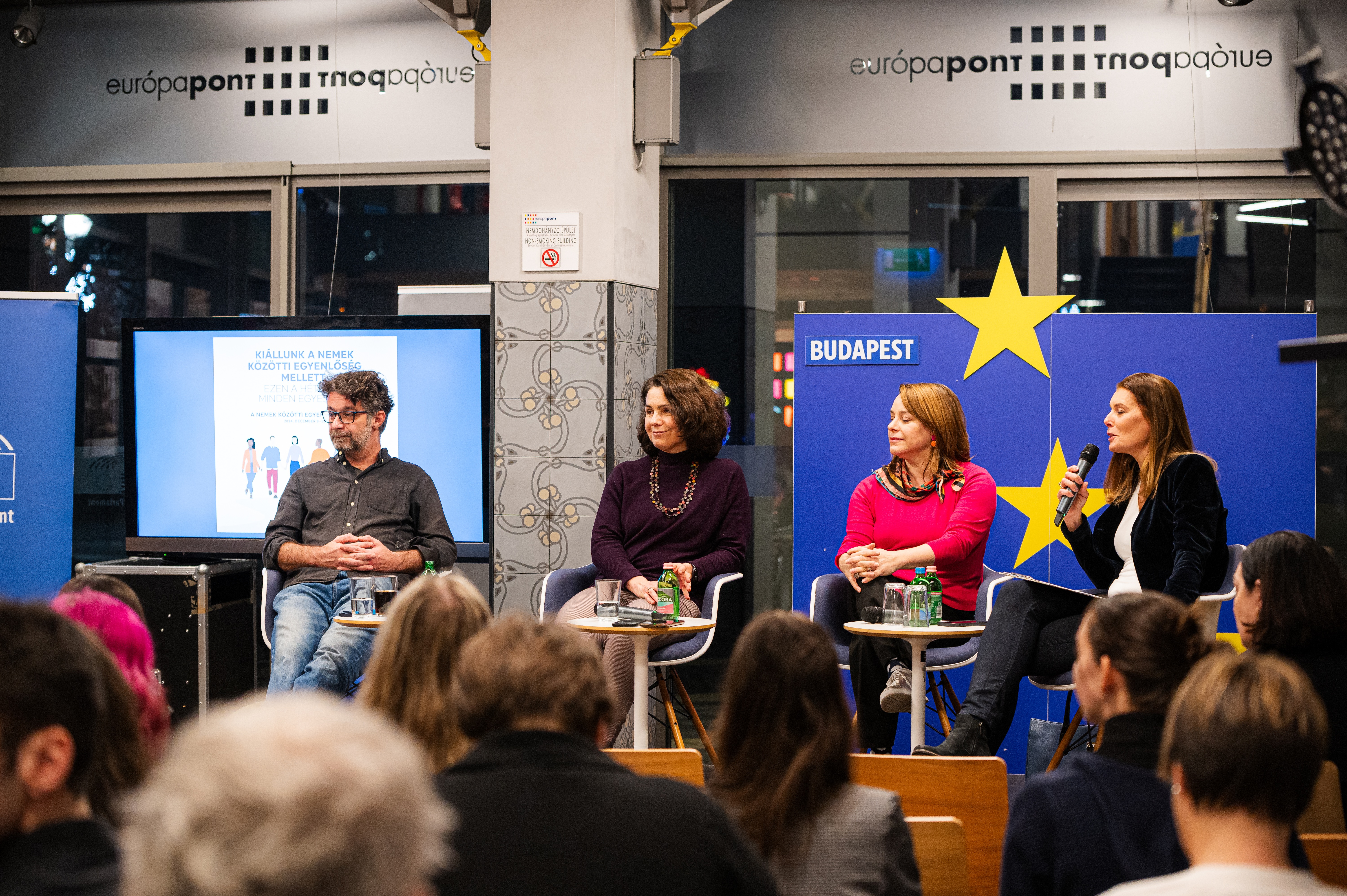25 Mar European Café: Dawn of a new world
"Hungarian foreign policy is shaped by domestic policy, and emphasizing a sovereignist position helped secure the government’s election victory". The following study was prepared by CEID experts based on the European Café event held on February 10, 2025. The guest of the discussion was Péter Sztáray,...


